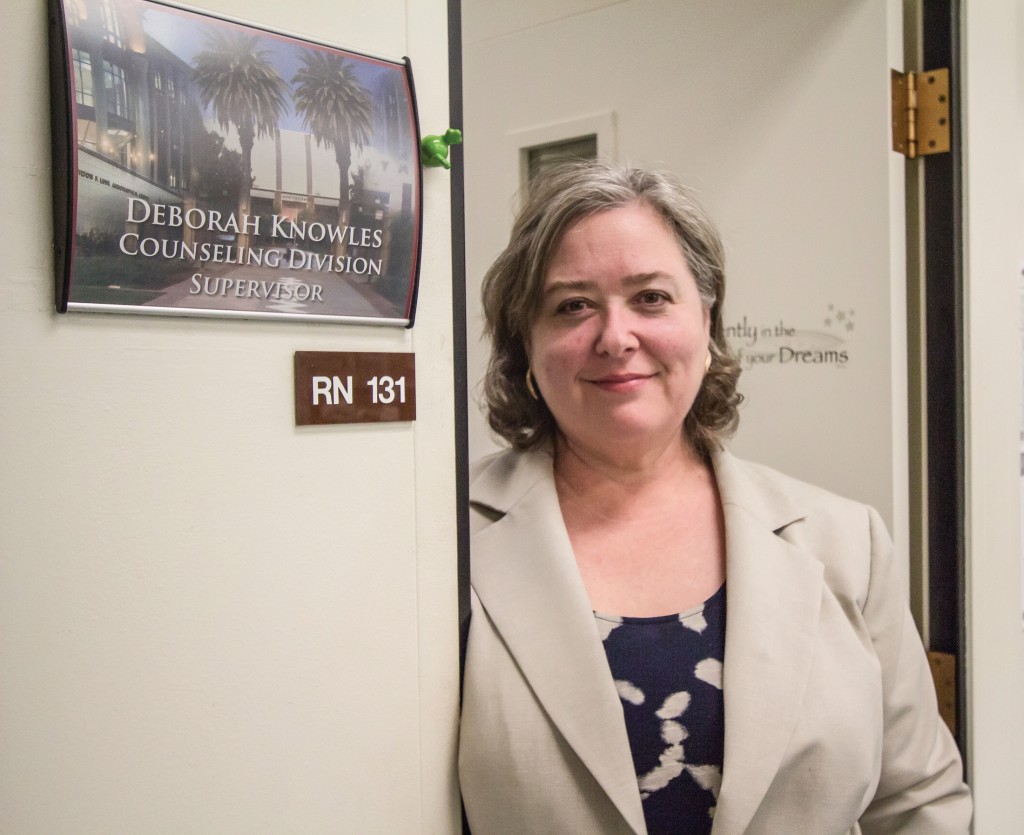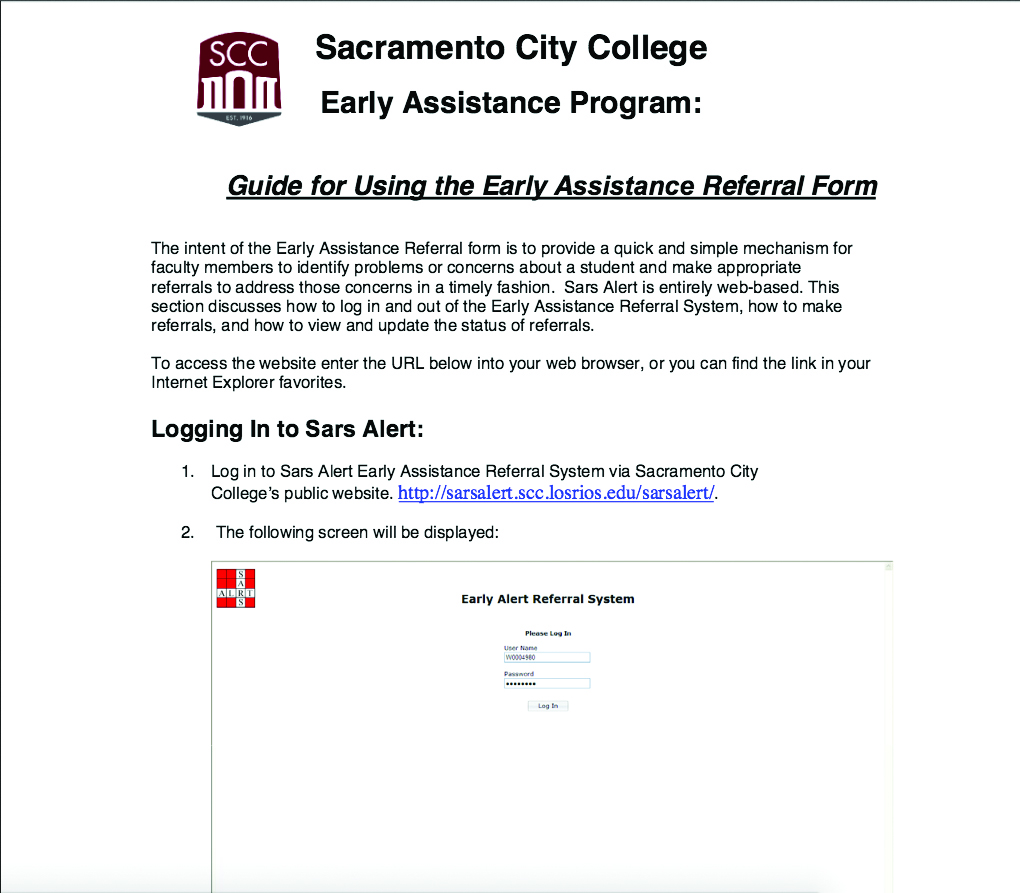
Despite its name, many City College instructors know that the SARS ALRT program has nothing to do with a dangerous disease and everything to do with helping struggling students succeed in their classes.
However, according to Deborah Knowles, the City College counseling division supervisor who works closely with the program, instructors are not using the program as much as they have used similar services in the past.
“As early as the third week — once the dust has settled — instructors can start to see who’s struggling,” Knowles said. “Maybe people are coming into class tired or still don’t have their book or they’re not getting a concept. … They can get this person to the resources they need to help them succeed [using SARS ALRT].”
SARS, an acronym for Student Early Assistance Referral System, is an online system meant to be used early in the semester by instructors to indicate students who may be having trouble with the class, Knowles said.
According to the SARS page on City College’s website, the system can help students with problems ranging from attendance and financial issues to comprehension difficulties. The program sends an email to students with referrals to services on campus that can help them, such as counseling or childcare.
Knowles adds that instructors are directed to discuss the SARS program with their students after flagging them for assistance to make sure no one is caught off guard.
“[It’s] been a concern not just at SCC but at all colleges,” Knowles said. “These early assistance processes aren’t just about, ‘Oh, I’m an instructor, and I see some bad grades, and I’ll just sent this student off to somebody….’ They need to engage the student first.”
Several instructors on campus recognize the program as a potential tool for helping students, but Knowles said usage of the program has been weaker in recent years, despite the fact that previous versions of the program dating back to 2010 required that students had to be flagged by actually filling out a physical paper form.
Still, some professors said the program is a useful tool.
“There are many issues that a student may talk to me about that I am not qualified to really help a student with,” said philosophy Professor Joshua Carboni. “And this system allows [me] as an instructor to refer a student to services I may not be able to provide.”
Despite his praise, Carboni and other instructors, including English professors Jeffrey Knorr and Travis Silcox, say they don’t use the system often, either because the instructors have already tried to assist students or because instructors use other programs to keep track of their students.
Knowles said she would like to see the program used more often and receive more input on what changes could be made to make it a more convenient tool.
“[I’m] working with faculty and getting their input on how we can get them to participate more,” said Knowles. “The faculty have the most face time with our students, and they have a lot they have to cover. We want to honor that, but if they take just a few minutes, it can make a huge difference in students’ lives, and they [the faculty] are the ones that can make it happen.”































